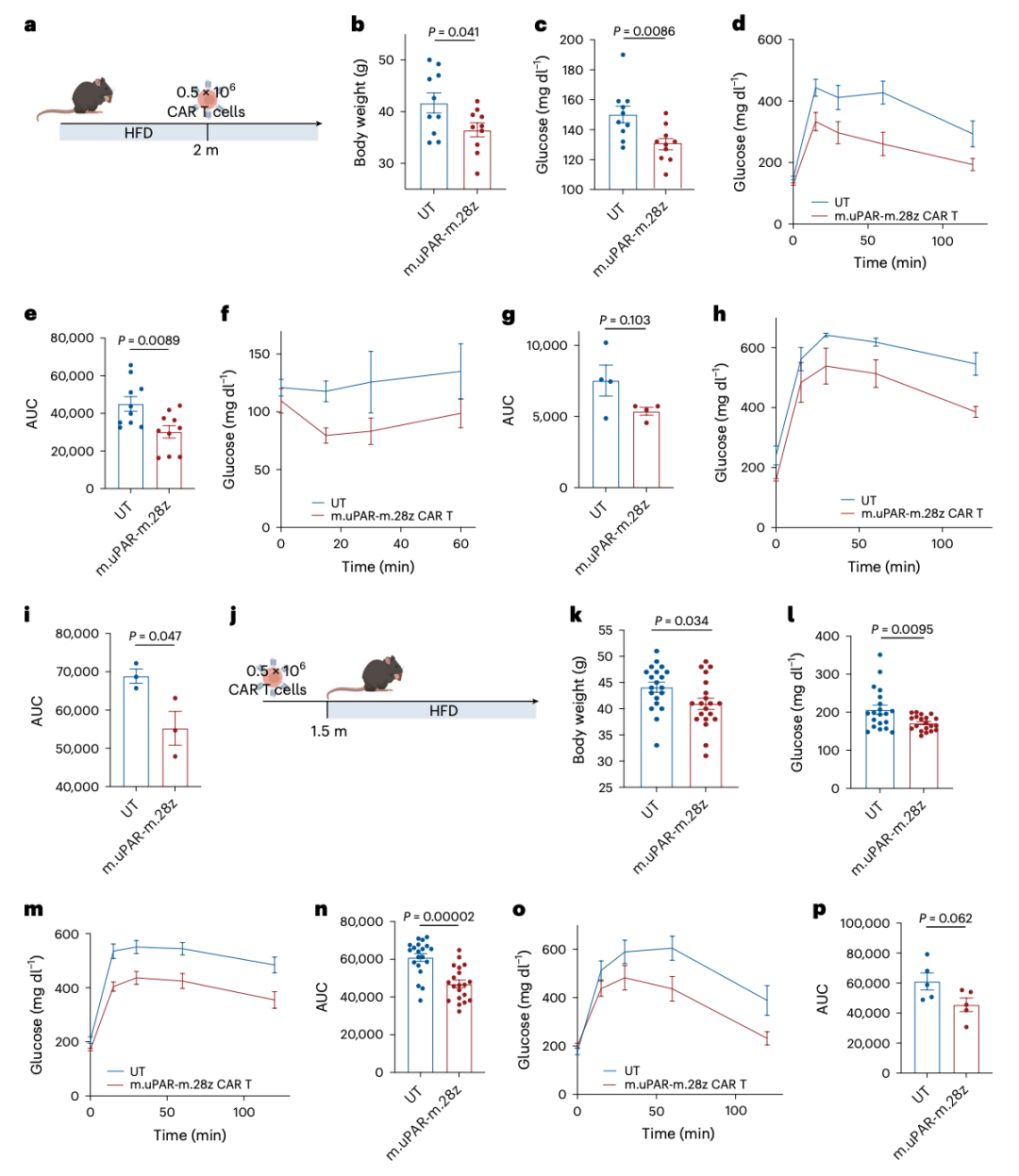Senolytic CAR T Cells: A Revolutionary Approach to Combat Age-Related Metabolic Dysfunction and Senescence-Associated Diseases
The intersection of senolytic CAR T cell therapy (spelling according to the authors) in addressing age-related metabolic dysfunction and the broader context of cellular senescence represents a significant advancement in medical science. The study “Prophylactic and Long-Lasting Efficacy of Senolytic CAR T Cells Against Age-Related Metabolic Dysfunction” by Amor et al. (2023), along with an understanding of cellular senescence, provides a comprehensive insight into this innovative approach.
Cellular Senescence and Its Impacts
Cellular senescence, characterized by stable cell-cycle arrest and a secretory program that modulates the tissue microenvironment, serves dual roles. It acts as a tumor-suppressive mechanism preventing the expansion of premalignant cells and aids in wound healing. However, its pathological side involves the aberrant accumulation of senescent cells, leading to chronic tissue damage and contributing to diseases like fibrosis, atherosclerosis, diabetes, and osteoarthritis. Eliminating these cells from damaged tissues in animal models has shown to ameliorate symptoms of these pathologies and promote longevity.
Senolytic CAR T Cells Targeting uPAR
In this context, Amor et al.‘s research on senolytic CAR T cells, which target the urokinase-type plasminogen activator receptor (uPAR) – a protein broadly induced during senescence – gains immense importance. These CAR T cells have been demonstrated to efficiently ablate senescent cells both in vitro and in vivo. The study’s findings of improving glucose tolerance and exercise capacity in physiological aging and metabolic syndrome models through a single administration of low-dose senolytic CAR T cells highlight their potential in long-term therapeutic and preventive applications.

Therapeutic Potential and Future Directions
The therapeutic potential of senolytic CAR T cells extends beyond age-related metabolic dysfunction. They have shown efficacy in extending the survival of mice with lung adenocarcinoma treated with senescence-inducing drugs and restoring tissue homeostasis in liver fibrosis models. This positions senolytic CAR T cells as a promising treatment for various senescence-associated diseases.
Sustainable Solutions for Aging: Senolytic CAR T Cells Offer a Proactive Approach
The amalgamation of these findings underscores a revolutionary step in treating age-related metabolic dysfunction and senescence-associated diseases. Senolytic CAR T cell therapy, with its dual approach of targeting age-related metabolic issues and broader senescence-associated diseases, offers a promising future in geriatric medicine and chronic disease management. These advancements mark a significant stride towards more effective and sustainable treatment methods for aging and its associated complications.
References
- Amor, C., Feucht, J., Leibold, J. et al. Senolytic CAR T cells reverse senescence-associated pathologies. Nature 583, 127–132 (2020).
- Amor, C., Fernández-Maestre, I., Chowdhury, S. et al. Prophylactic and long-lasting efficacy of senolytic CAR T cells against age-related metabolic dysfunction. Nat Aging (2024).










